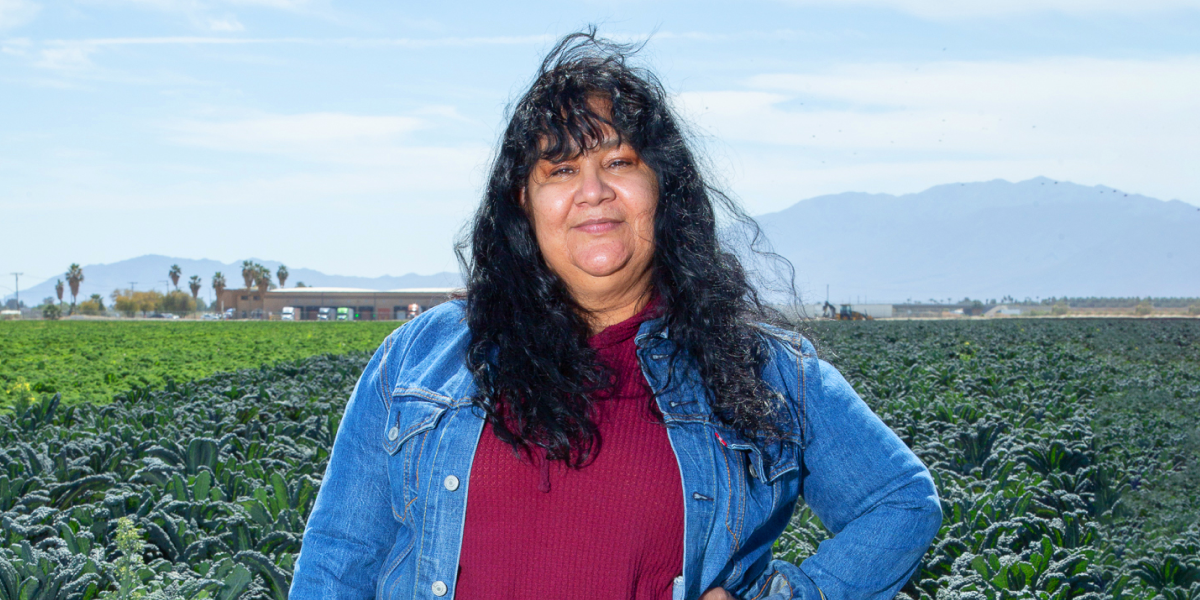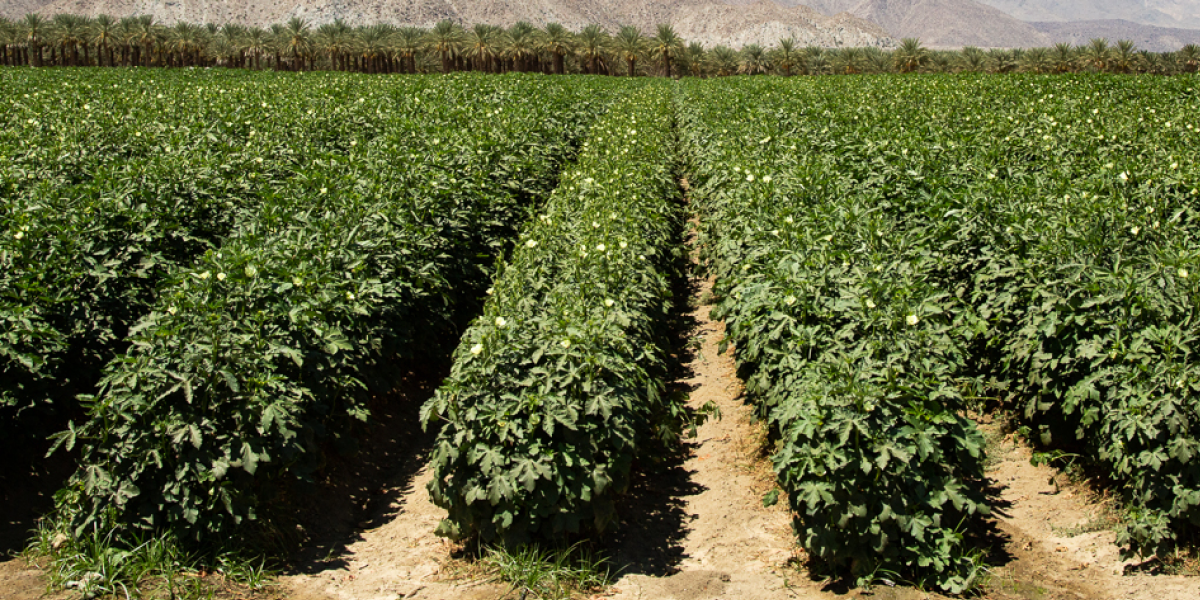Workers in the informal economy lack legal recognition and protection, making them vulnerable to exploitation. Integrating informal workers into LA County's formal economy increases their access to resources that support their livelihoods.
Our Campaign
Advocating for the rights of informal landscapers
Informal workers experience greater poverty compared to those in the formal economy. Through outreach and education, we work closely with informal workers in the landscaping industry to identify the issues they face and advocate for the support they need, including professional development, technical assistance, and financial resources.

Our Impact
Communities rich with resources
By creating the local infrastructure needed to transition informal landscapers into the formal economy, LA County will ensure disenfranchised communities have access to better working conditions, fair wages, and benefits—and ultimately the opportunity to build generational wealth. The programs created to support informal landscapers will help serve as a model for future efforts to extend resources to other skilled informal workers.
Legal Protections
Formalizing the work status of informal landscapers means they can be covered by labor laws, including minimum wage regulations and safety standards. This ensures workers receive fair compensation for their labor.Equal Opportunities
Formalization can lead to equal opportunities for growth, providing informal landscapers access to technical assistance and training that leverages their skills in native landscape maintenance and business management.Generational Wealth
Low-income immigrants make up a significant number of informal workers. With greater opportunities to retain and build wealth, the formal economy can provide pathways for upward mobility and long-term prosperity.Take Action
Economic opportunities for all
Informal landscapers are a vital part of LA County’s economy. Join us as we advocate for policies and programs that protect their worker rights and help our region’s landscape thrive.
